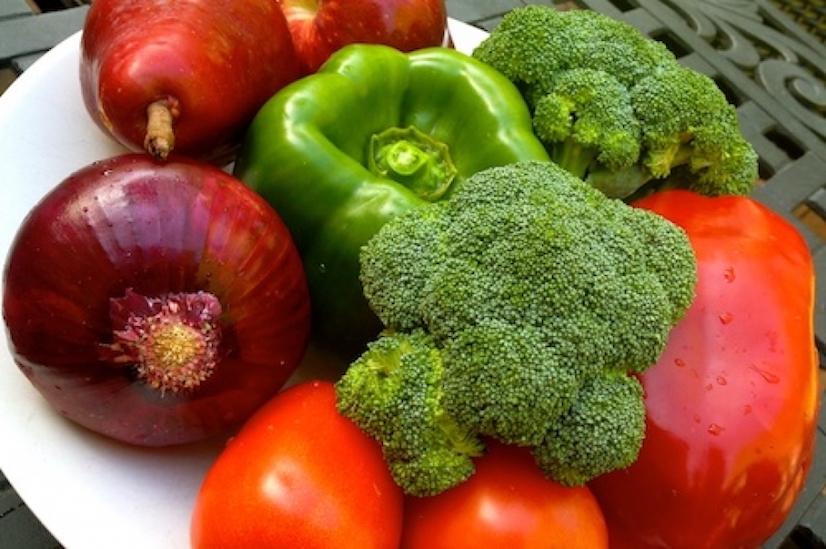I always emphasize that eating sensibly is an absolute must for successful weight loss, long-term weight management, and overall good health. But, what does it actually mean to eat sensibly? Eating sensibly essentially involves incorporating a diet that’s rich in nutrient-dense foods, which are those that supply an abundance of high-quality nutrients relative to the number of calories they provide. It’s actually simpler than you might think. Here’s my quick and easy guide to sensible eating.
Choose High-Quality Carbohydrates
High-quality carbohydrates are exceptionally rich in vitamins and minerals, disease-fighting antioxidants, and dietary fiber with little or no added sugars and artificial fats. The very best food sources of high-quality carbohydrates include fruits, vegetables, nuts and seeds, legumes, and all-natural grains. With the exception of certain fruits, such foods promote stable blood sugar levels, as they have a slow rate of digestion making them difficult to break down.
Related Article: What You Should Know About Carbs and the Glycemic Index
Opt for Foods Rich in Good Fats
Regularly consuming foods rich in “good” or “healthy” fats can significantly reduce your risk of numerous chronic diseases including heart disease, type 2 diabetes, and cancer. Such fats include monounsaturated fats housed in foods like olive oil, avocado, nuts and seeds as well as polyunsaturated fats (omega-3 and omega-6 fatty acids), which are largely contained in oily fish (salmon, trout, and tuna), nuts, seeds, soy products, and vegetable oils (palm oil, coconut oil, and canola oil).
Related Article: Good Fats Versus Bad Fats: What You Need to Know About Dietary Fat
Avoid Artificial Trans Fats at All Costs
If you’re really trying to eat sensibly, you should make an all-out effort to avoid artificial fats. Such fats are present in a variety of processed foods including snack foods, fried foods, and many salad dressings. If total avoidance of trans fats isn’t possible, you should severely limit them to less than 1% of your total daily calories, as they have absolutely no nutritional value. In addition to promoting unnecessary weight gain, even a moderate intake of these fats favors the development of disease.
Related Article: Tip to Dieters: Beware of Empty Calorie Foods
Select Lean Sources of Protein
Eating a diet rich in protein is critical for preserving muscle mass and function, which greatly supports weight management. When it comes to selecting your protein sources, low-fat dairy products, fish, lean poultry, and high-quality soy products are best, as these foods tend to be low in saturated fat and incredibly rich in key nutrients. When consumed in moderate amounts, lean meats (beef, lamb, and pork) and egg yolks are also quite nutritious despite their relatively high content of saturated fat.
Related Article: Nutrition Basics: Your Daily Protein Intake
Watch Your Cholesterol and Sodium Intake
When eating sensibly, it’s especially important to control your daily intake of cholesterol and sodium. Now, this can sometimes be difficult, as many nutrient-dense foods (shellfish, meat, and cheese) contain significant levels of both. To get the most nutritional bang for your buck, make an effort not to exceed 200-300 mg of cholesterol and 2,000-2,400 mg of sodium per day.
Related Article: Understanding Cholesterol, Sodium and Potassium Values on Food Labels
There is no doubt that good health is a lifelong process requiring consistent and persistent sensible eating with high-quality nutrition. Following this simple guide will surely get you on the right path. But it doesn’t stop there. In addition to eating sensibly, it’s also important to incorporate exercise and other forms of physical activity into your daily regimen for long-term weight management, disease prevention, and optimal wellness.







